What is glutathione?
Glutathione is an antioxidant. It has many functions in the human body. It’s a detoxifying agent that removes carcinogens and other harmful substances. It’s also involved in the production of proteins.
It’s composed of amino acids and is made by the liver. It’s also found in many fruits and vegetables, including asparagus, avocados, cucumbers, green beans, papayas, and spinach.
What are the health benefits of glutathione?
There are many benefits of glutathione, including:
- Protection of Cells
- Free radicals are substances made by the human body which can cause damage in a variety of ways. Glutathione is believed to have antioxidant effects by working as a free radical scavenger to prevent cell damage that can be caused by the oxidation process.
- Improvement of Parkinson’s symptoms
- Glutathione is believed to be a critical protector against free radical damage in the brain. Neurons responsible for the production of dopamine are protected by the presence of glutathione. It is believed that the degeneration of these neurons plays a critical role in the development of Parkinson’s disease.
- Improvement of Insulin Sensitivity
- The process of moving sugar from the blood into the cells is directed by the production of insulin. Insulin resistance is believed to be a contributing factor in the development of type 2 diabetes. A small study found that people who have insulin resistance tend to also have lower glutathione levels. Glutathione levels were also found to be lower in diabetic patients, especially if they suffered from visual complications.
- Cancer Cell Progression
- It is believed that glutathione could help reduce cancer progression due to its antioxidant effects. However, glutathione may also decrease a tumor cell’s sensitivity to chemotherapy treatment.
- Liver Detoxification
- A small pilot study found that glutathione could be an effective treatment for nonalcoholic fatty liver disease. It is believed that the antioxidant and detoxifying effects of glutathione could make it a potential treatment option. Larger studies will need to be completed to confirm this theory.
Who should consider taking glutathione?
- Deficiency: There are a lot of negative effects on your body when you have low levels of glutathione. Deficiencies can lead to an increase in the breakdown of red blood cells. It can also lead to health problems such as gallstones, increased frequency of infections, and even neurological problems such as seizures. Correcting glutathione deficiencies can protect against oxidative damage.
- Parkinson’s Patients: Studies have evaluated glutathione as a treatment option for Parkinson’s disease had mixed results. Glutathione was not shown to increase behavior, mood, or the ability of Parkinson’s patients to perform activities of daily living. It was shown to slightly increase motor function.
- The Elderly: Glutathione may have anti-aging effects due to its antioxidant properties. One study found that the patients given glutathione had fewer sun spots, wrinkles, and better skin elasticity in certain areas of their bodies.
Would glutathione complement a weight loss management program?
Dietary supplementation of glutathione has been shown to safely increase glutathione levels. One study found that supplementing with glutathione reduced oxidative damage and increased insulin secretion, resulting in an overall improvement in glycemic control in elderly patients.
There was also a study that found greater weight loss after dietary changes in patients with higher glutathione levels. Further studies are needed to show that glutathione would be an effective addition to a weight loss treatment program.
{{glutathione-injection}}
{{glutathione-nasal-spray}}
{{glutathione-patches}}
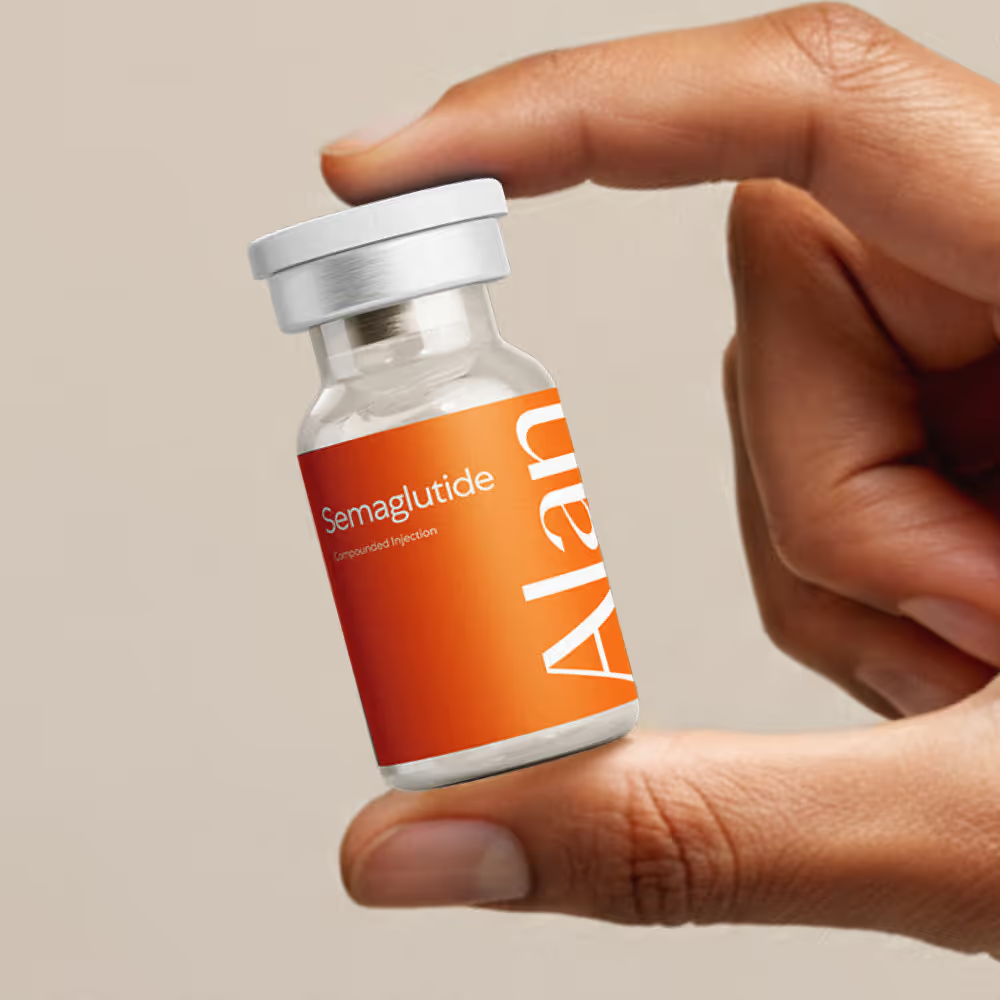

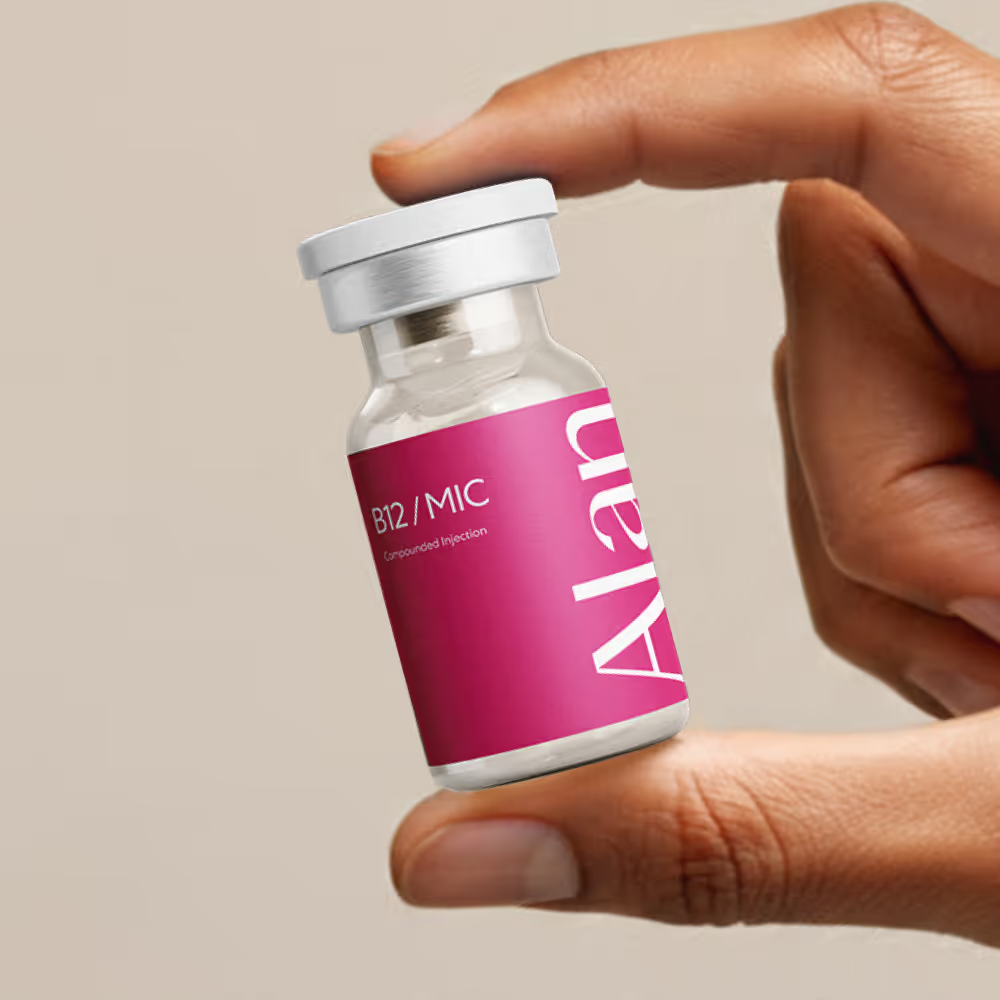

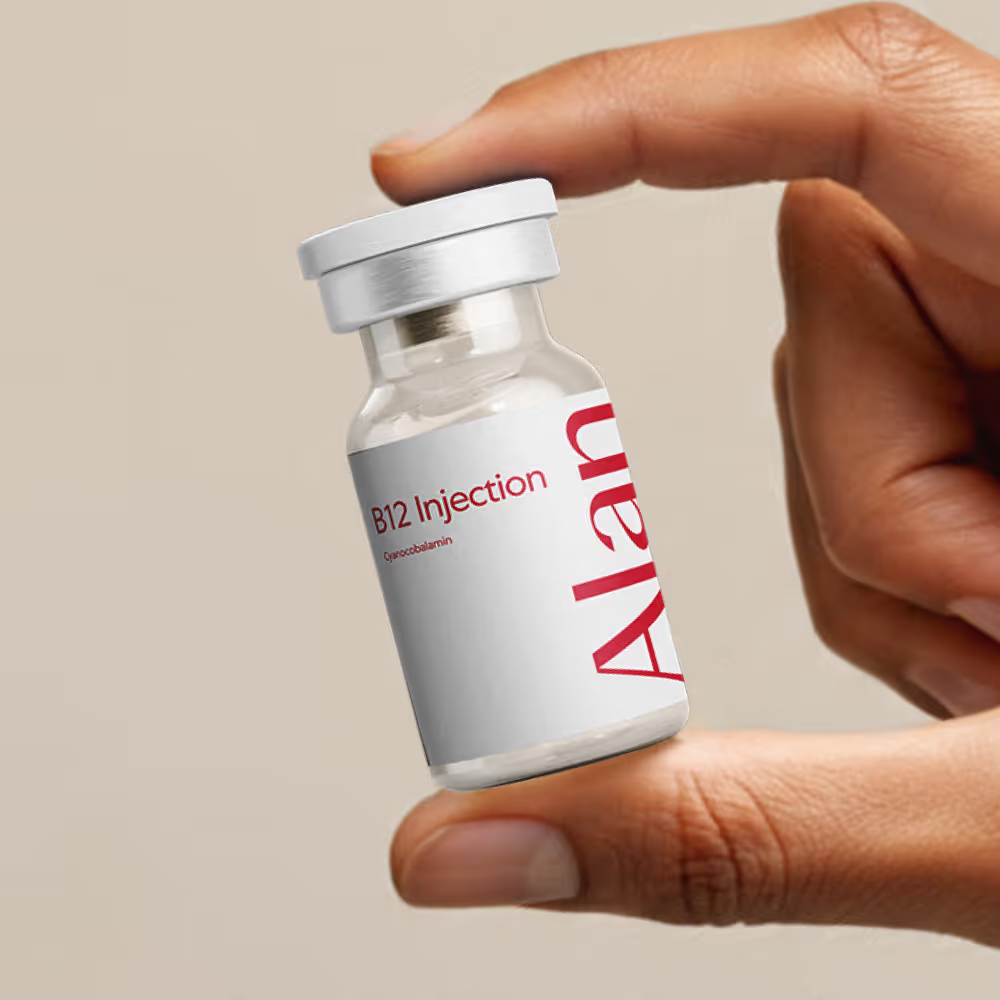

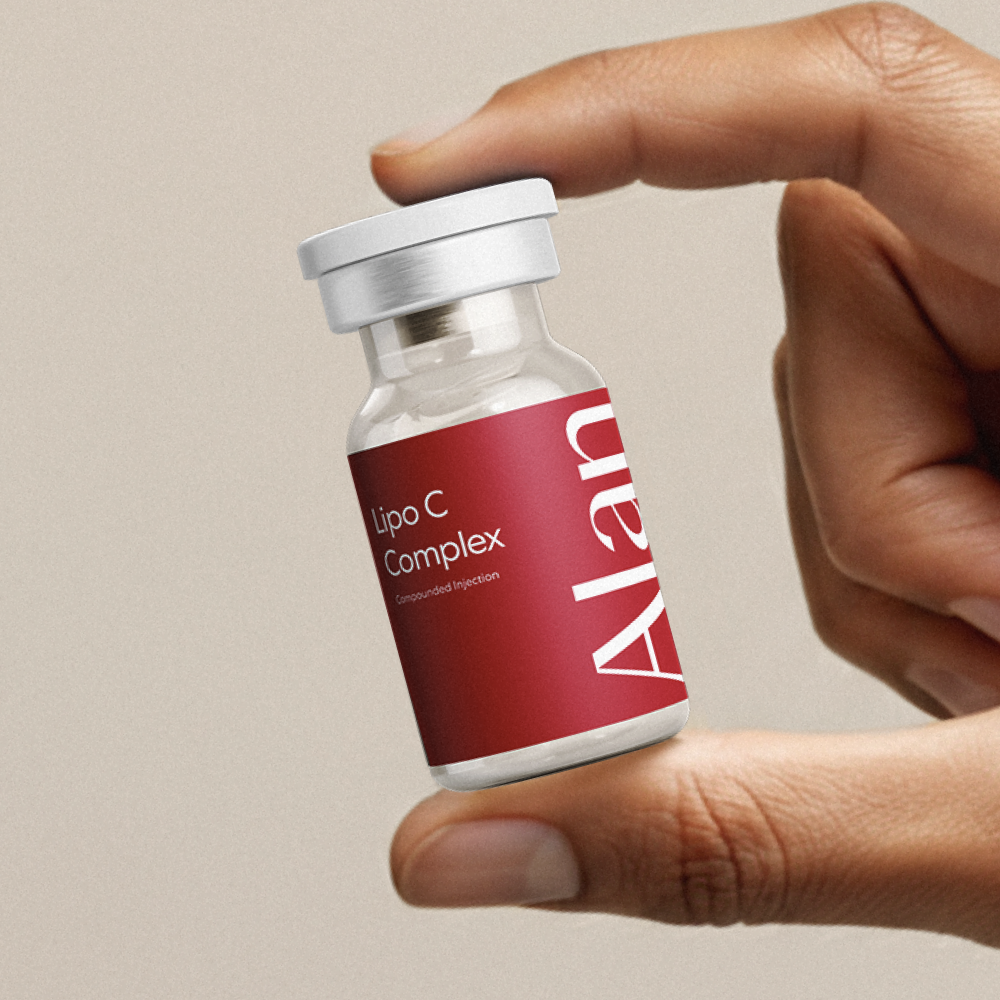

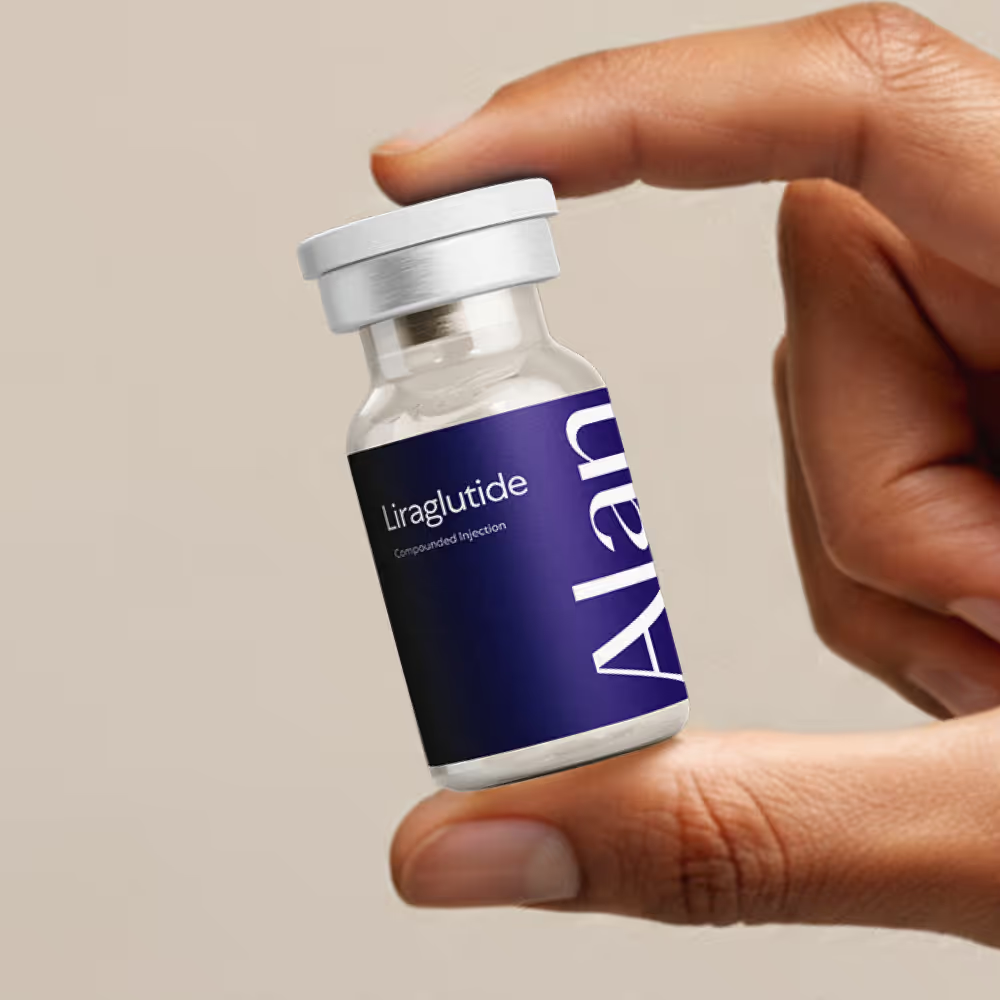

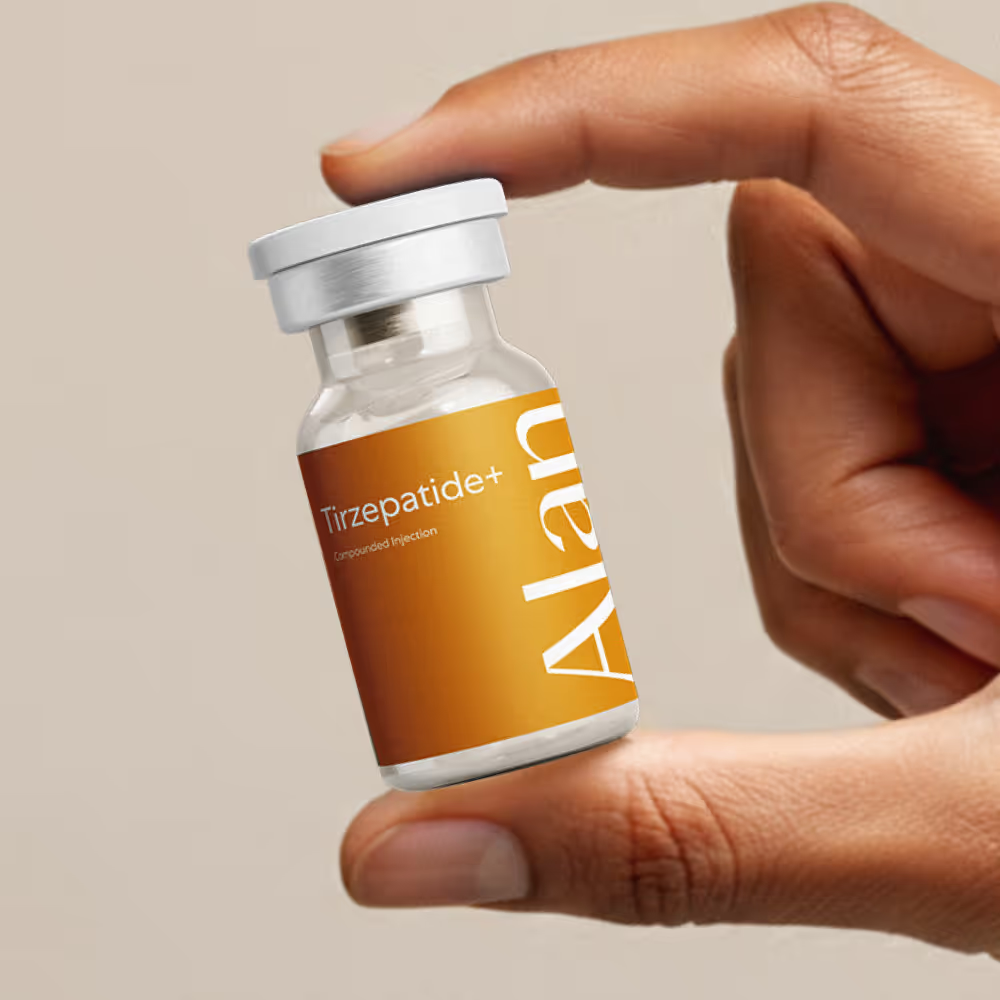





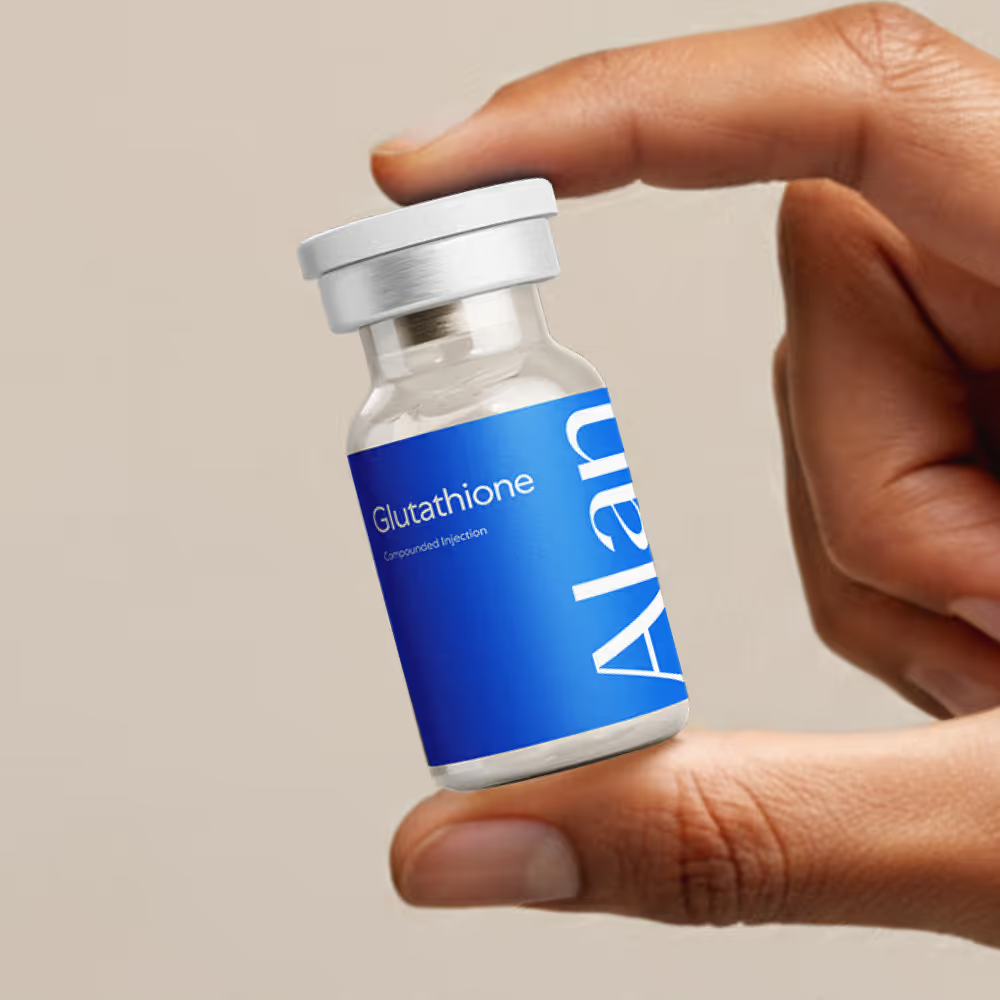

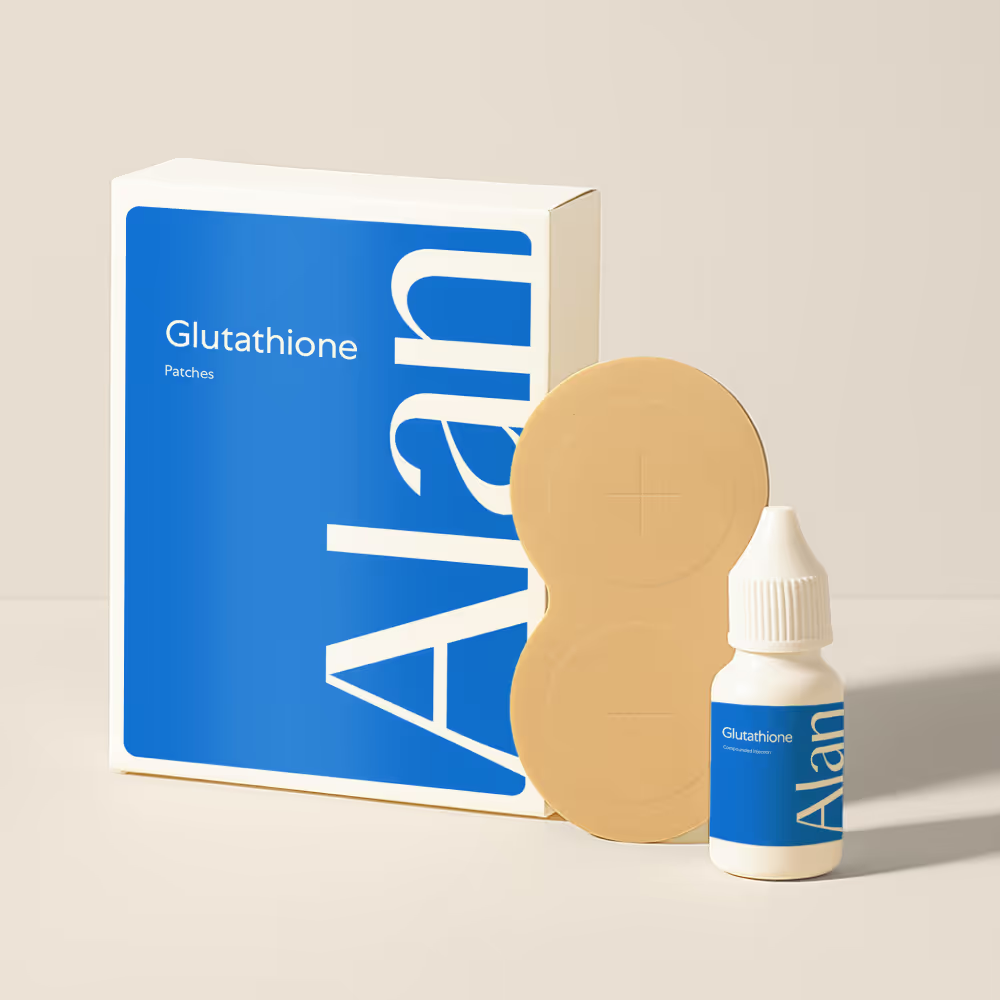

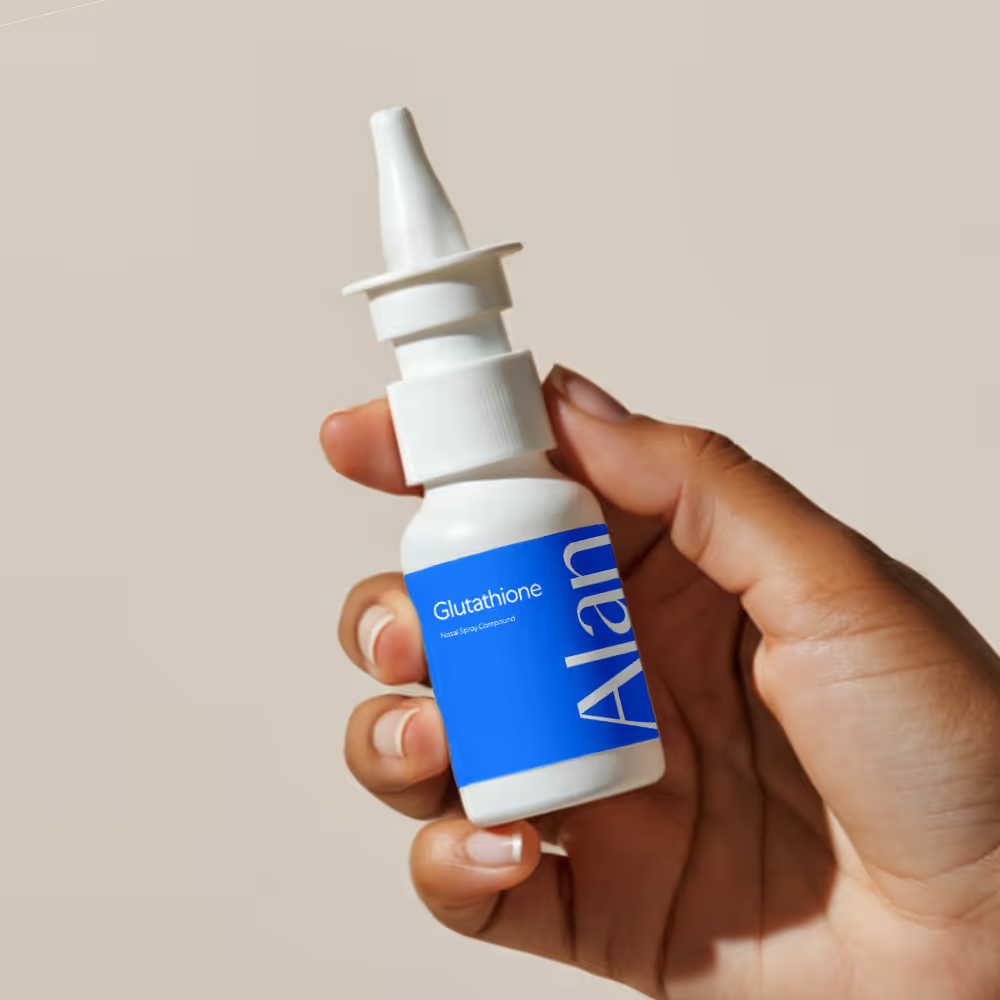















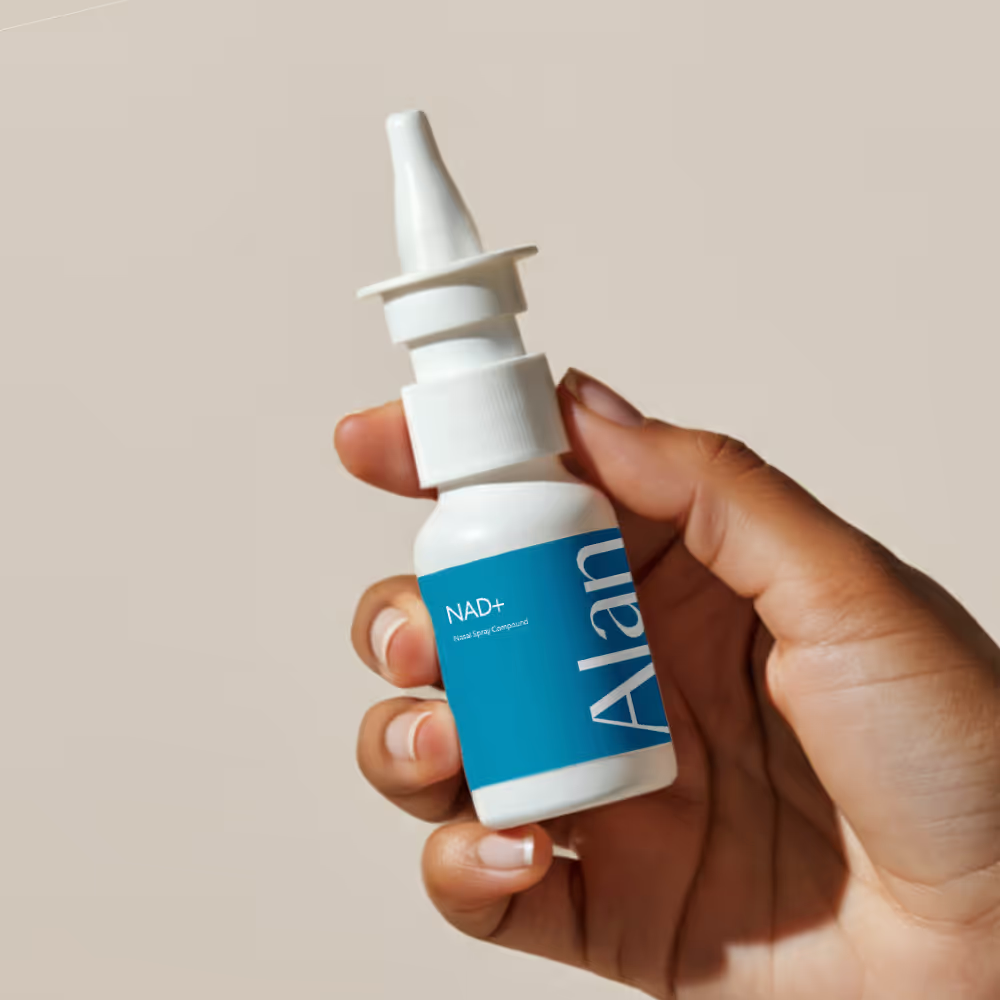



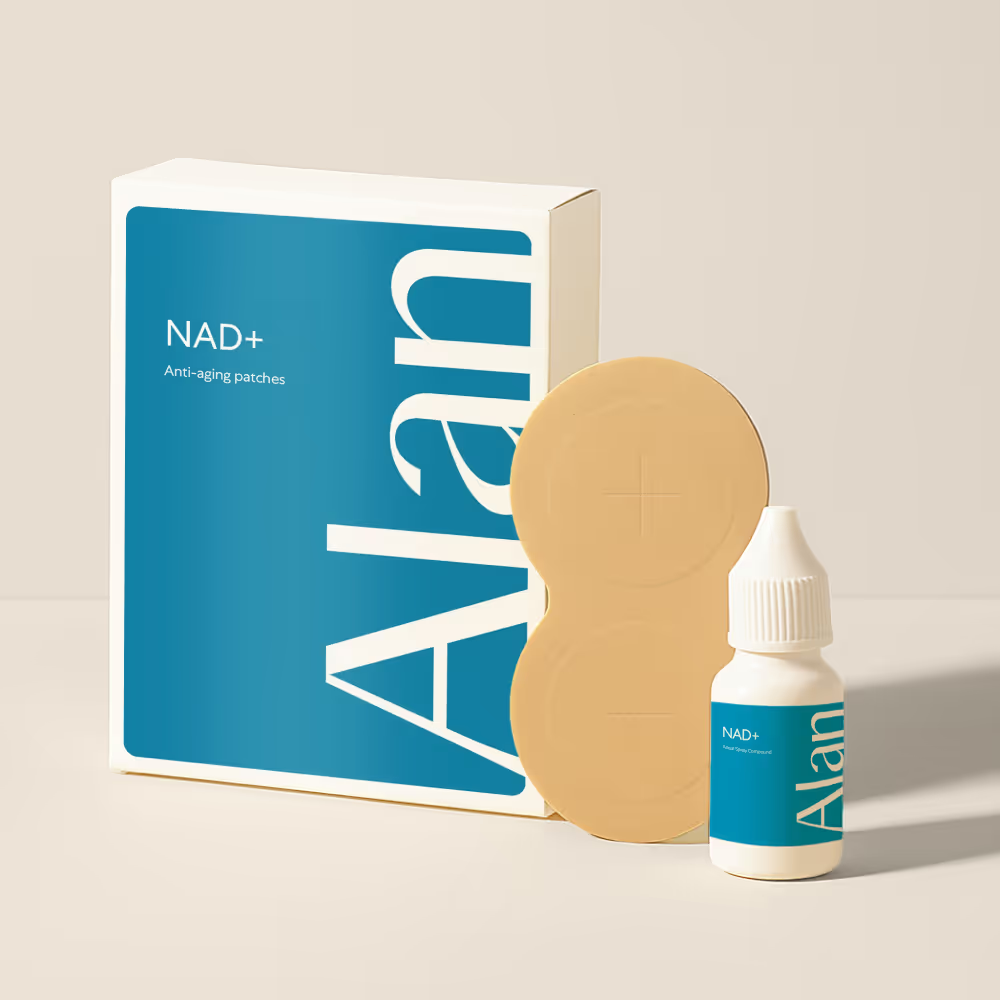

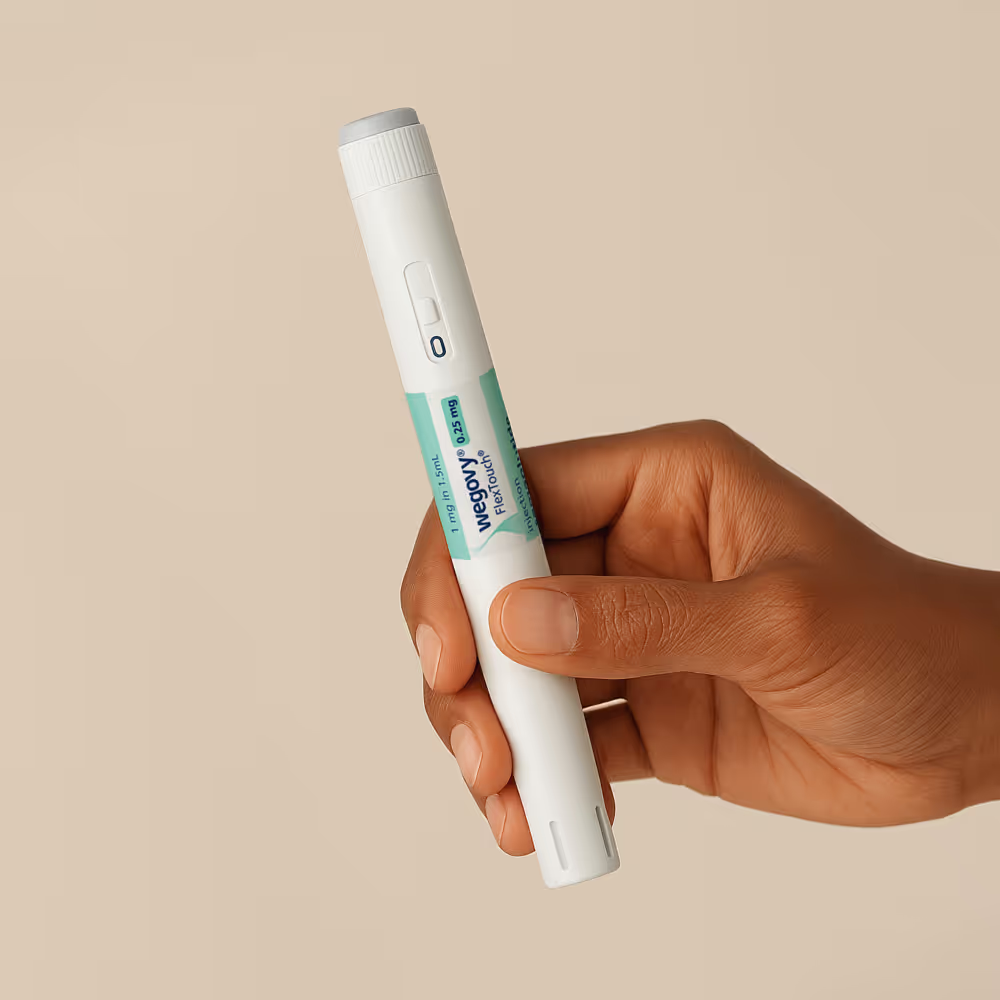

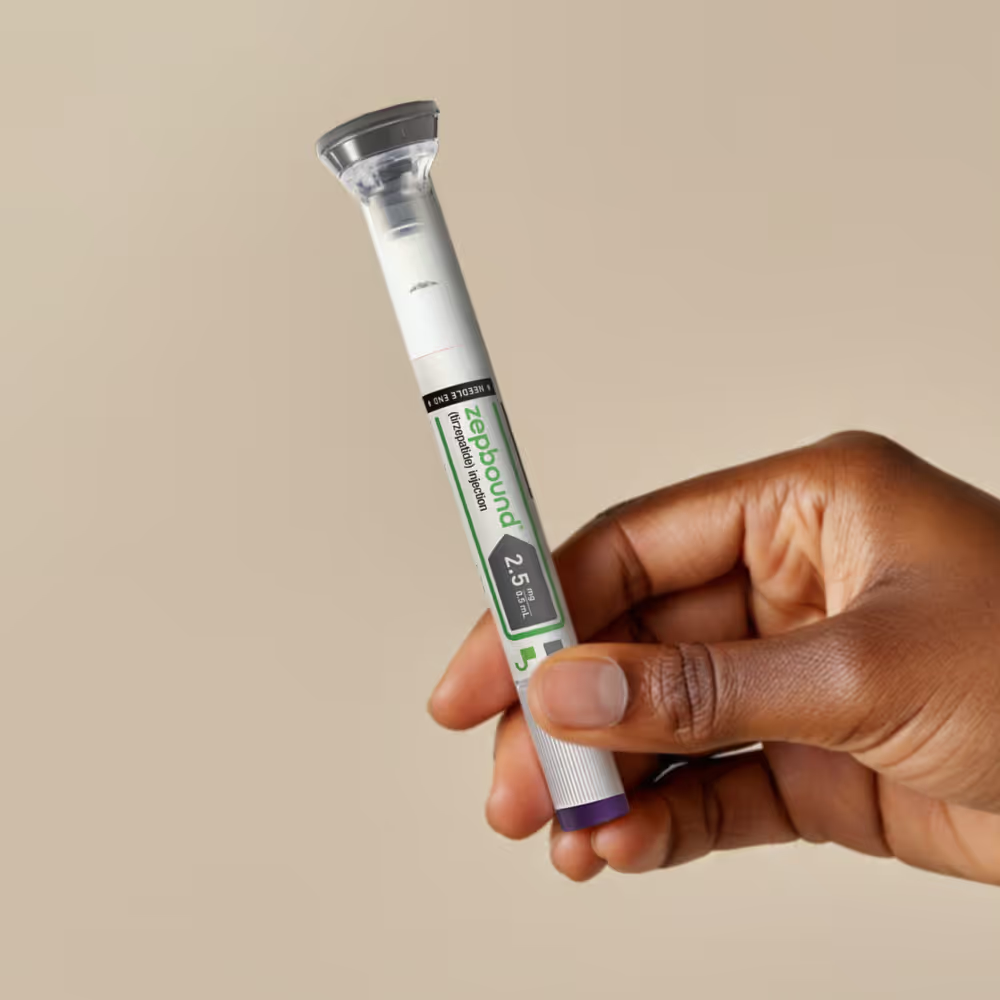

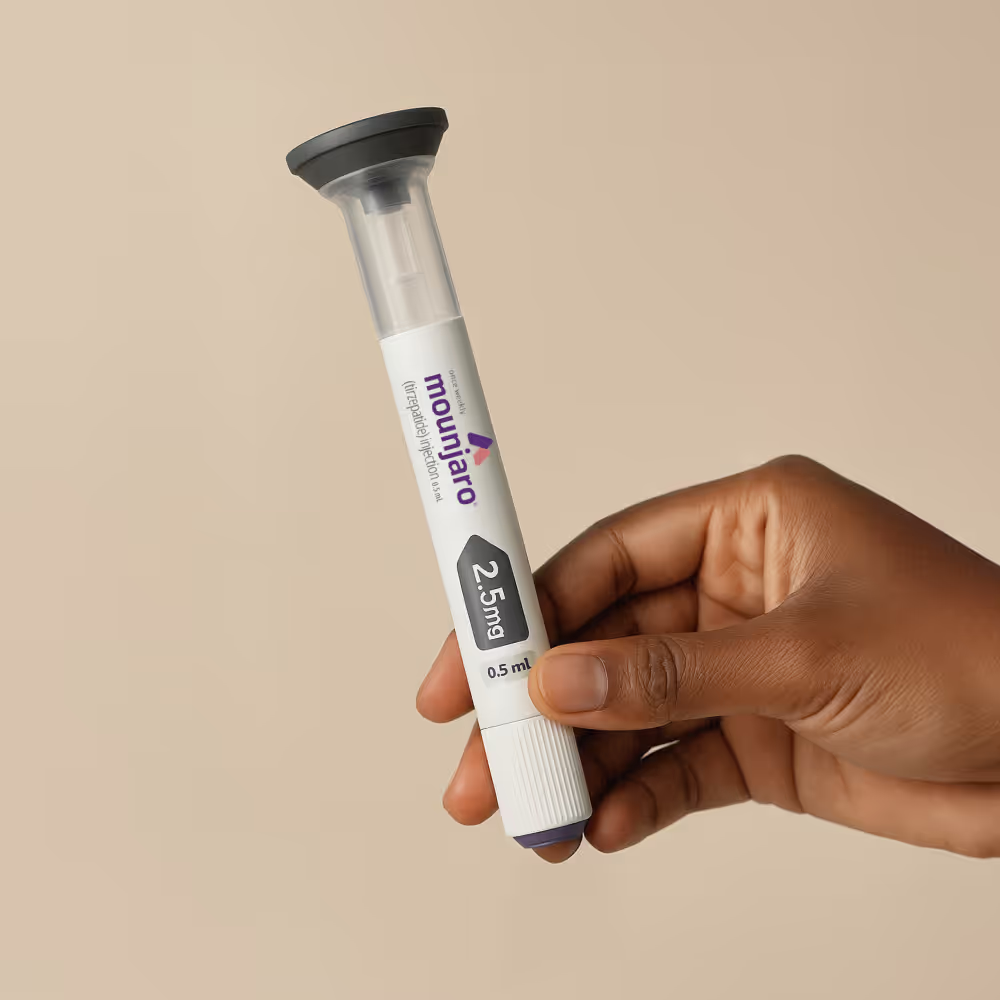

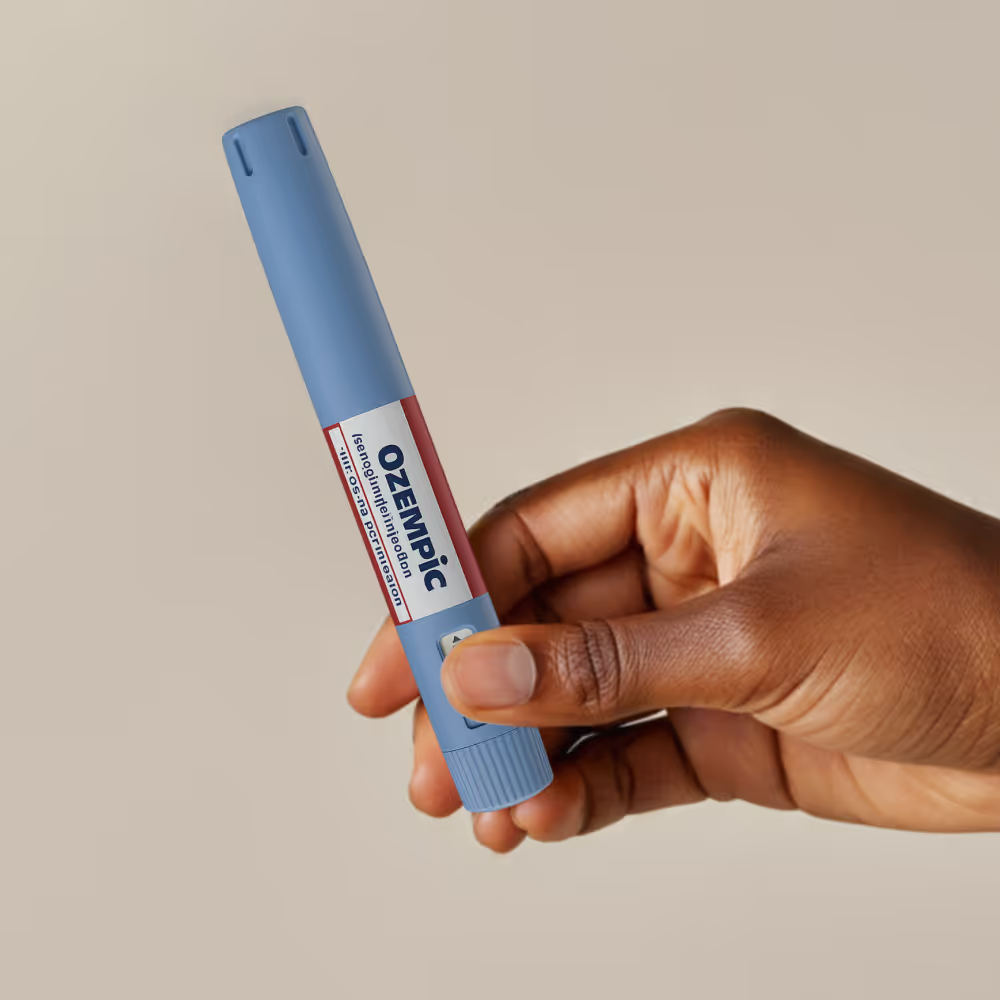















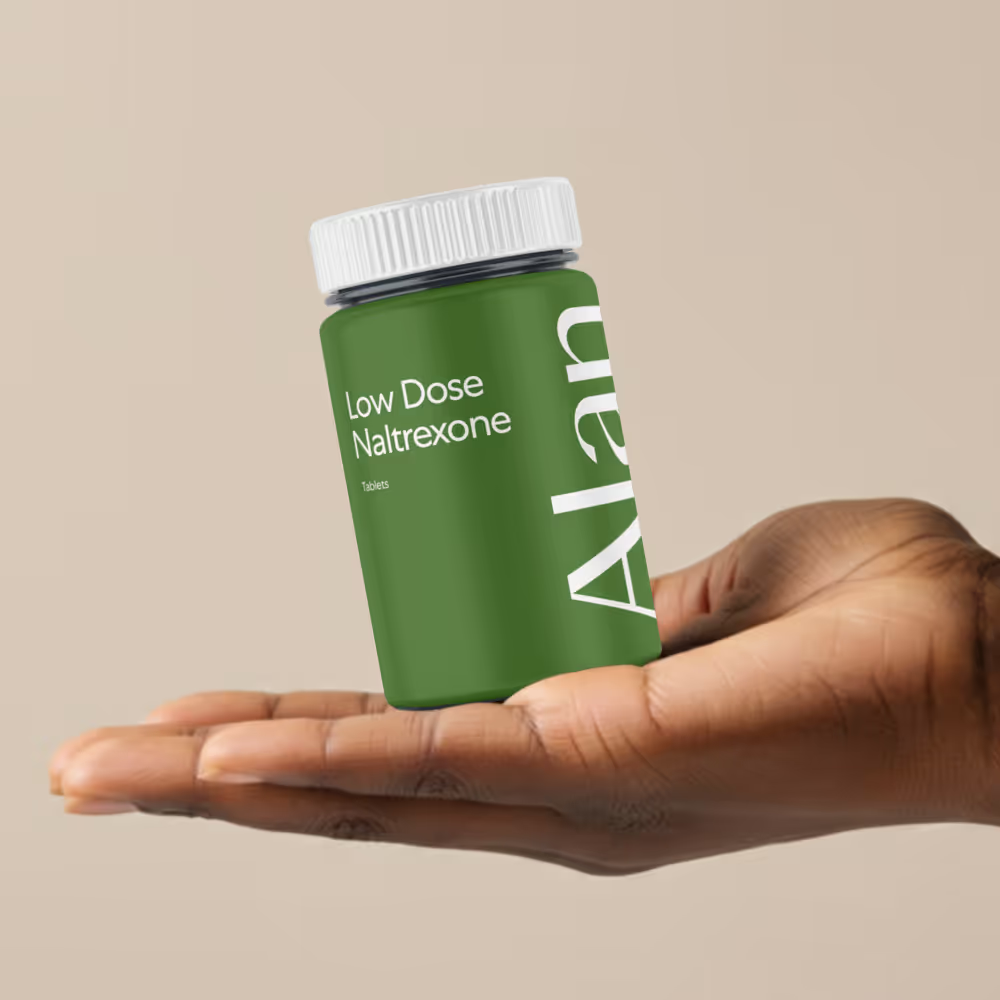







.webp)
.avif)






